Home>Garden Essentials>How Fast Does Basil Grow From Seed
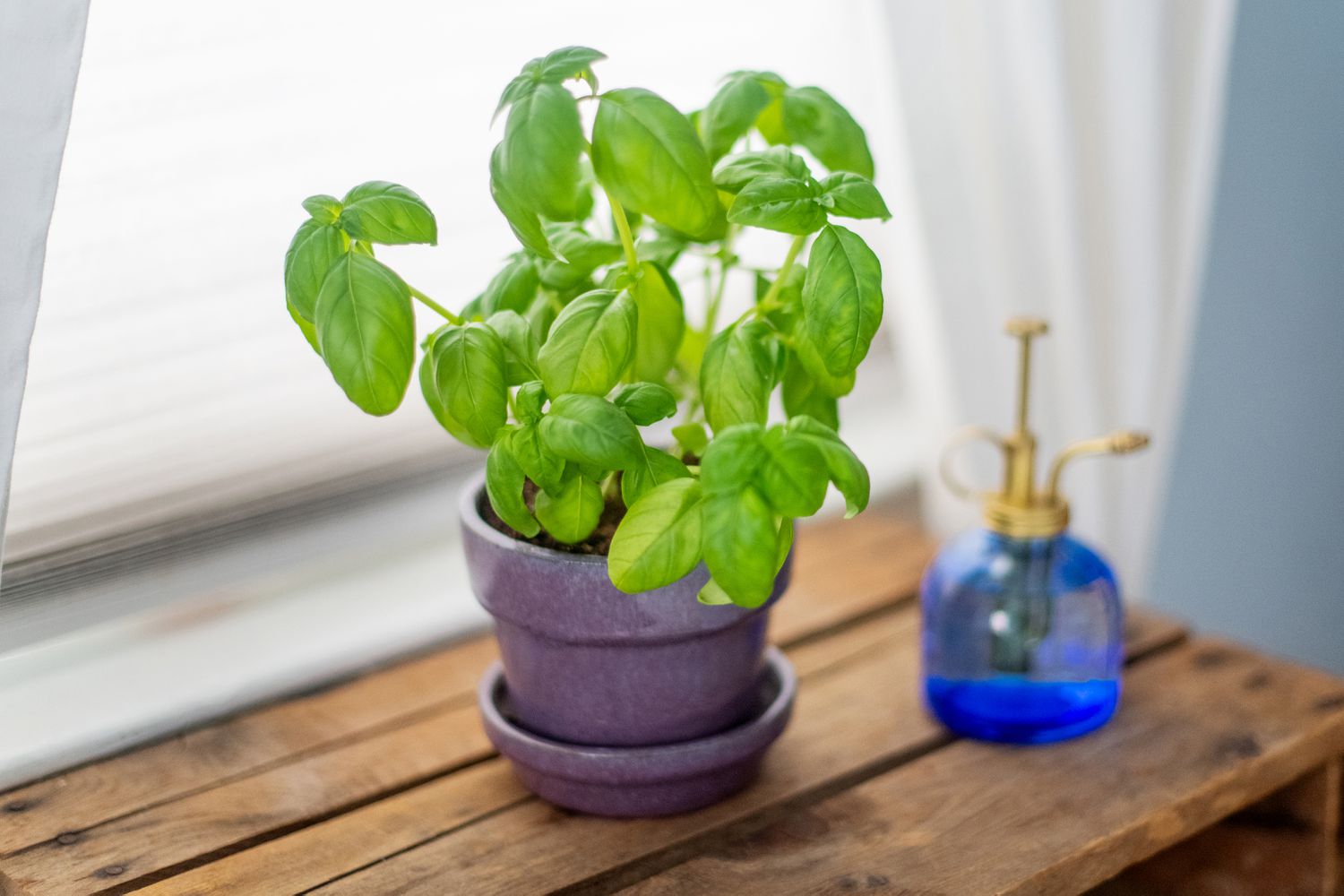

Garden Essentials
How Fast Does Basil Grow From Seed
Modified: April 22, 2024
Discover how quickly basil grows from seed in your garden. Learn valuable tips and techniques for nurturing this aromatic herb.
(Many of the links in this article redirect to a specific reviewed product. Your purchase of these products through affiliate links helps to generate commission for Storables.com, at no extra cost. Learn more)
Introduction
Welcome to the world of gardening! Whether you’re a seasoned gardener or just starting out, growing your own herbs can be a rewarding and satisfying experience. One herb that is particularly popular to grow from seed is basil. Known for its delightful aroma and versatile culinary uses, basil is a must-have in any garden or kitchen.
But how fast does basil grow from seed? This is a common question asked by gardeners, and in this article, we will explore the factors that affect basil seed germination and the ideal growing conditions for basil seeds. We will also discuss the germination time for basil seeds and how fast basil grows after germination. Finally, we will provide some tips for faster basil growth from seeds.
So if you’re ready to embark on a journey of growing your own basil, let’s dive in!
Key Takeaways:
- Basil seeds need warmth, moisture, and quality soil to sprout. Once germinated, basil plants grow 1-2 inches per week with proper care, providing a bountiful harvest for your culinary adventures.
- To speed up basil growth from seeds, use high-quality seeds, pre-soak them, and provide optimal conditions like light germination mix, consistent temperature, and regular pruning for bushier growth.
Read more: How Long To Grow Basil From Seed
Factors that Affect Basil Seed Germination
Basil seeds, like any other plant seeds, require certain conditions in order to successfully germinate. Understanding the factors that affect basil seed germination is crucial for providing the optimal environment for your seeds to sprout. Here are some important factors to consider:
1. Temperature
Temperature plays a vital role in the germination process of basil seeds. Ideally, basil seeds require a warm and consistent temperature of around 70 to 85 degrees Fahrenheit (21 to 29 degrees Celsius) for successful germination. A cold or fluctuating temperature can delay or hinder the germination process.
2. Moisture
Moisture is another critical factor for basil seed germination. The seeds need to be kept consistently moist throughout the germination period. However, it’s important to avoid overwatering the seeds, as excessive moisture can lead to rot or fungal diseases. To maintain the right level of moisture, water the seeds gently and regularly, ensuring that the soil remains damp but not waterlogged.
3. Light
Unlike some other seeds, basil seeds don’t require light to germinate. In fact, basil seeds germinate best in a dark environment. Therefore, it’s recommended to cover the seeds with a thin layer of soil to keep them in the dark until they sprout. Once the seedlings emerge and develop their first set of true leaves, you can gradually expose them to light.
Read more: How To Get Seeds From Basil
4. Soil Quality
The quality of the soil greatly affects basil seed germination. Basil prefers well-draining soil with a pH level between 6 and 7. Ensure that the soil is loose and enriched with organic matter to provide the necessary nutrients for the seeds to germinate. Avoid heavy or compacted soil, as it can hinder germination and root development.
5. Seed Quality
The quality of the basil seeds themselves is also a crucial factor. It’s important to obtain fresh, viable seeds from a reputable source. Old or low-quality seeds may have a lower germination rate, resulting in weak or stunted seedlings. To ensure the best chance of successful germination, check the expiration date on the seed packet and opt for high-quality seeds.
By considering these factors and providing the optimal conditions, you can greatly increase the chances of successful basil seed germination. Now that we understand the factors that affect basil seed germination, let’s explore the ideal growing conditions for basil seeds in the next section.
Ideal Growing Conditions for Basil Seeds
Creating the ideal growing conditions for basil seeds is essential for their successful development and growth. By ensuring that the environment meets the specific requirements of basil seeds, you can encourage healthy germination and vigorous growth. Here are the key factors to consider:
1. Location
Basil thrives in a spot that receives plenty of sunlight. It requires a minimum of 6 to 8 hours of direct sunlight each day to grow and develop optimally. Choose a location in your garden or on your patio that offers ample sunlight throughout the day.
Read more: How Does A Plant Grow From A Seed
2. Soil
When it comes to soil, basil prefers a well-draining and nutrient-rich medium. Ensure that the soil is loose and friable, allowing excess water to drain away effectively. Amend the soil with organic matter such as compost to enhance its fertility and provide essential nutrients for the basil plants.
3. Watering
Basil plants require consistent moisture to thrive, so regular watering is crucial. However, it’s important to strike a balance and avoid overwatering, as that can lead to root rot or fungal diseases. Water the plants deeply when the top inch of soil feels dry, and ensure that the excess water drains away to prevent waterlogged conditions.
4. Temperature
Basil is a warm-season herb and prefers temperatures ranging from 70 to 90 degrees Fahrenheit (21 to 32 degrees Celsius). It doesn’t tolerate frost or extremely cold temperatures. Plant basil seeds when the threat of frost has passed, and ensure that the ambient temperature remains within the preferred range for optimal growth.
5. Transplanting
If you choose to start your basil seeds indoors and then transplant them outdoors, carefully time the transition. Wait until the seedlings have developed at least two sets of true leaves before transplanting them. Gradually acclimate them to outdoor conditions by placing them outside for a few hours each day and gradually increasing the time over the course of a week.
By providing the ideal growing conditions for your basil seeds, you can ensure healthy growth and bountiful harvests. Now that we understand the optimal conditions, let’s move on to discuss the germination time for basil seeds and how fast basil grows after germination.
Read more: How To Plant Basil From Seeds
Germination Time for Basil Seeds
The germination time for basil seeds can vary depending on various factors, including the specific variety of basil, the growing conditions, and the freshness of the seeds. On average, basil seeds typically germinate within 5 to 10 days after planting.
It’s important to keep in mind that basil seeds require warm temperatures to germinate successfully. If the ambient temperature is on the lower side of the preferred range (70 to 85 degrees Fahrenheit), germination may take slightly longer. Additionally, different basil varieties may have different germination rates, with some varieties sprouting faster than others.
When planting basil seeds, it’s crucial to follow the recommended planting depth and spacing guidelines provided on the seed packet or by the seed supplier. Planting the seeds too deep or too close together can prolong the germination process and result in weaker seedlings.
It’s also worth noting that basil seeds may not all germinate at the same time. Some seeds may sprout within a few days, while others may take longer. This is a natural occurrence and not a cause for concern. Be patient and give the seeds enough time to germinate before assuming they are not viable.
If you’re growing basil indoors, you can aid the germination process by providing consistent warmth and moisture. Place the seed trays or pots in a warm location, such as on top of a heat mat or near a heat source. Keep the soil consistently moist but not soaking wet to create the ideal conditions for germination.
Once the basil seeds have germinated and the seedlings have emerged, they will begin to develop their first set of true leaves. At this point, you can start gradually acclimating them to stronger light and adjusting the watering frequency to encourage healthy growth.
Now that we have an idea of the germination time for basil seeds, let’s explore how fast basil grows after germination and what you can do to promote faster growth.
How Fast Does Basil Grow After Germination?
After the germination stage, basil plants typically experience rapid growth. Once the basil seedlings have emerged and developed their first set of true leaves, they enter a phase of active growth. The speed at which basil grows after germination can vary depending on several factors, including the growing conditions, nutrient availability, and care provided.
In optimal conditions, basil plants can grow at a rate of approximately 1 to 2 inches (2.5 to 5 centimeters) per week. This growth rate can vary depending on the variety of basil, with some varieties known to exhibit faster growth than others.
It’s important to note that basil is a herbaceous annual plant, meaning it completes its life cycle within a year. The goal when growing basil is to encourage swift and robust growth before it reaches its flowering stage. Once basil plants begin to flower, their focus shifts from leaf growth to reproductive processes, and the flavor and quality of the leaves can decline.
To ensure fast and vigorous growth of basil plants after germination, consider the following tips:
1. Nutrient-rich soil
Provide your basil plants with nutrient-rich soil or supplement with organic fertilizers to support their growth. Basil plants benefit from regular feeding with a balanced fertilizer that is rich in nitrogen to promote lush foliage development.
2. Adequate water
Keep the soil consistently moist to facilitate fast growth, but be careful not to overwater. Water the basil plants deeply whenever the top inch of soil feels dry, and ensure good drainage to prevent waterlogged conditions that can hinder growth.
Read more: How To Get Basil Seeds From Plant
3. Pruning
Regularly prune your basil plants to encourage bushier growth and prevent them from becoming leggy. Pinch off the top two sets of leaves once the plants have developed several sets of leaves. This encourages lateral branching and leads to a fuller, more compact plant.
4. Proper spacing
Give your basil plants adequate space to grow. This allows for good air circulation and prevents overcrowding, which can lead to competition for resources and hinder growth.
5. Sunlight
Ensure that your basil plants receive plenty of direct sunlight. Basil plants thrive in bright sunlight, so provide them with at least 6 to 8 hours of direct sunlight each day for optimal growth.
By following these guidelines and providing the right conditions for your basil plants, you can promote faster and healthier growth after germination. Harvest your basil leaves regularly to encourage continued growth and enjoy the fresh flavors in your culinary creations.
With the right care and attention, your basil plants will thrive and provide you with a bountiful harvest throughout the growing season.
Tips for Faster Basil Growth from Seeds
If you’re looking to speed up the growth of your basil plants from seeds, there are several tips and techniques you can implement. By providing the optimal conditions and care, you can encourage faster growth and enjoy a bountiful harvest of fresh basil. Here are some tips to help you achieve faster basil growth:
Read more: How Fast Does A Radish Germinate
1. Start with high-quality seeds
Choose fresh, high-quality basil seeds from a reputable source. Ensure that the seeds are not expired and have a good germination rate. This will give your basil plants the best start and maximize their growth potential.
2. Pre-soak the seeds
Consider pre-soaking your basil seeds before planting. Soaking the seeds in water for a few hours or overnight can help accelerate germination by softening the seed coat. This can lead to quicker sprouting and faster growth.
3. Use a light germination mix
Plant your basil seeds in a light and well-draining germination mix. This allows for better moisture retention and root development, promoting faster growth. Avoid using heavy or compacted soil, as it can hinder seedling emergence and growth.
4. Provide optimal temperature and moisture
Ensure that the growing environment for your basil seeds is warm and consistently moist. The ideal temperature range for basil seed germination is between 70 and 85 degrees Fahrenheit (21 to 29 degrees Celsius). Maintain proper moisture levels by watering the seeds gently and regularly, keeping the soil consistently damp but not waterlogged.
Read more: How To Stop Grass From Growing Fast
5. Use grow lights
If you’re starting your basil seeds indoors or in a location with limited sunlight, consider using grow lights. Supplemental lighting ensures that your basil plants receive the necessary light for faster and healthier growth. Position the grow lights close to the plants and provide them with 12 to 14 hours of light per day.
6. Thin out seedlings
Once your basil seedlings have emerged, thin them out if they are overcrowded. Overcrowding can lead to competition for nutrients and hinder growth. Remove the weaker seedlings, leaving only the strongest ones to grow and flourish.
7. Fertilize appropriately
Feed your basil plants with a balanced fertilizer once they have developed their first set of true leaves. Use a fertilizer that is higher in nitrogen to promote foliage growth. Follow the recommended dosage instructions on the fertilizer package to avoid over or underfeeding.
8. Regularly pinch and prune
Promptly pinch off the tops of your basil plants when they reach about 6 inches (15 centimeters) in height. This encourages lateral branching, leading to bushier growth and more abundant foliage. Regularly prune your basil plants by harvesting leaves, which stimulates new growth and helps to maintain a compact shape.
By implementing these tips, you can help foster faster growth in your basil plants from seeds. Remember to monitor the plants’ progress, provide appropriate care, and enjoy the flavorful rewards of your efforts!
Conclusion
Growing basil from seeds can be a fulfilling and rewarding experience for gardeners of all levels. By understanding the factors that affect basil seed germination and providing the ideal growing conditions, you can ensure successful growth and a bountiful harvest of this aromatic herb.
Factors such as temperature, moisture, light, soil quality, and seed quality all play a role in basil seed germination. Paying attention to these factors will give your basil seeds the best chance of sprouting and thriving. Once the seeds have germinated, basil plants can grow at a rate of around 1 to 2 inches per week, provided they receive optimal care.
To promote faster basil growth from seeds, it’s important to provide nutrient-rich soil, adequate water, and sufficient sunlight. Pruning, proper spacing, and regular harvesting also contribute to faster and healthier growth. By following these tips, you can enjoy an abundant supply of fresh basil leaves for your culinary creations.
Remember to choose high-quality seeds, pre-soak them if desired, and use a light germination mix for optimal results. Maintain consistent temperature and moisture levels, and consider using grow lights if sunlight is limited. Thin out seedlings, fertilize appropriately, and regularly pinch and prune to encourage bushier growth.
With proper care and attention, your basil plants will grow into lush, flavorful additions to your garden or kitchen. Enjoy the satisfaction of growing your own herbs and the delightful aroma and taste that fresh basil brings to your recipes.
So, whether you’re a gardening enthusiast or a beginner looking to add some green to your life, don’t hesitate to start growing basil from seeds. With the right knowledge and techniques, you can experience the joy of watching basil plants thrive and enjoy the delicious rewards of your own homegrown herb garden.
Frequently Asked Questions about How Fast Does Basil Grow From Seed
Was this page helpful?
At Storables.com, we guarantee accurate and reliable information. Our content, validated by Expert Board Contributors, is crafted following stringent Editorial Policies. We're committed to providing you with well-researched, expert-backed insights for all your informational needs.
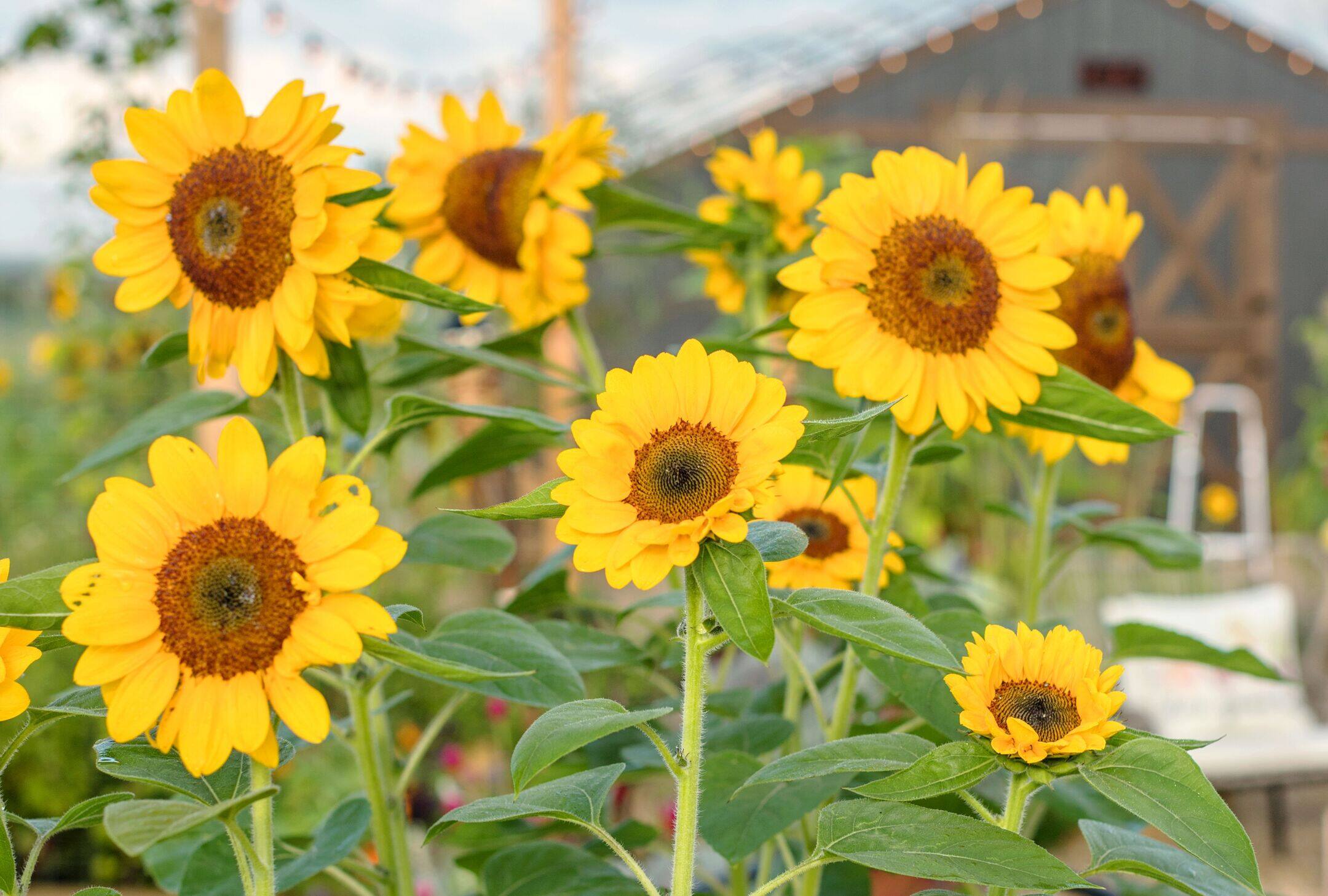
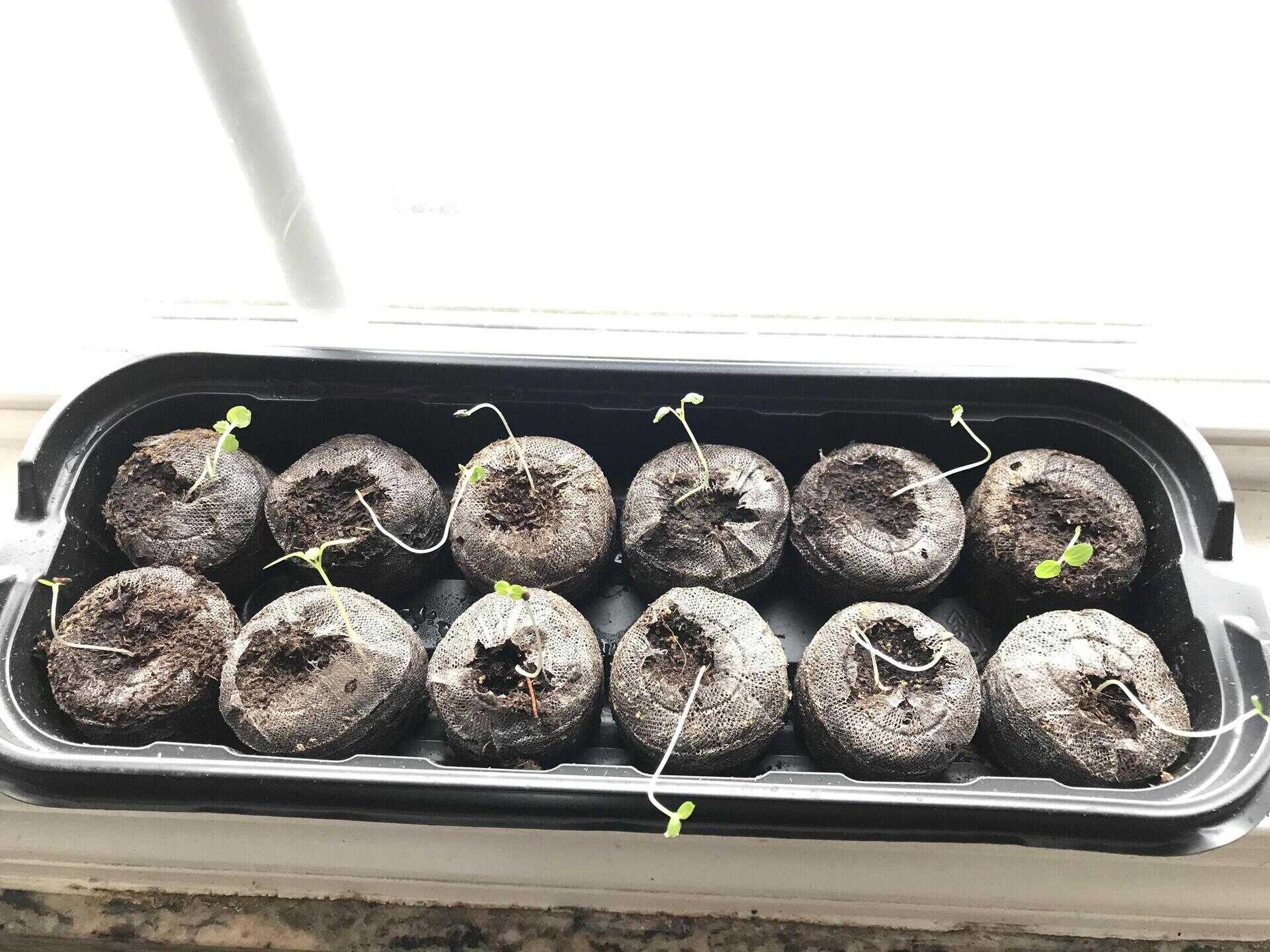
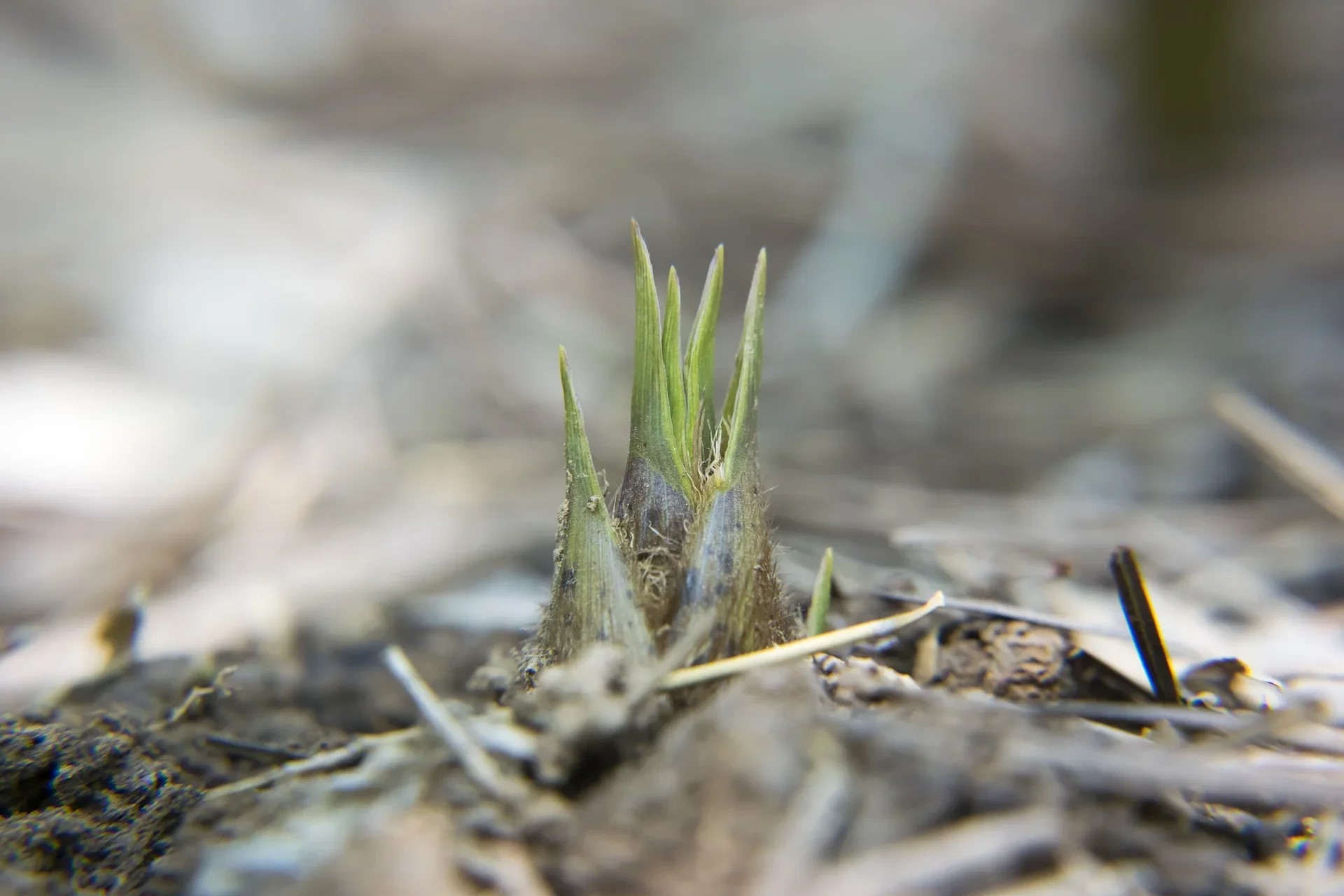
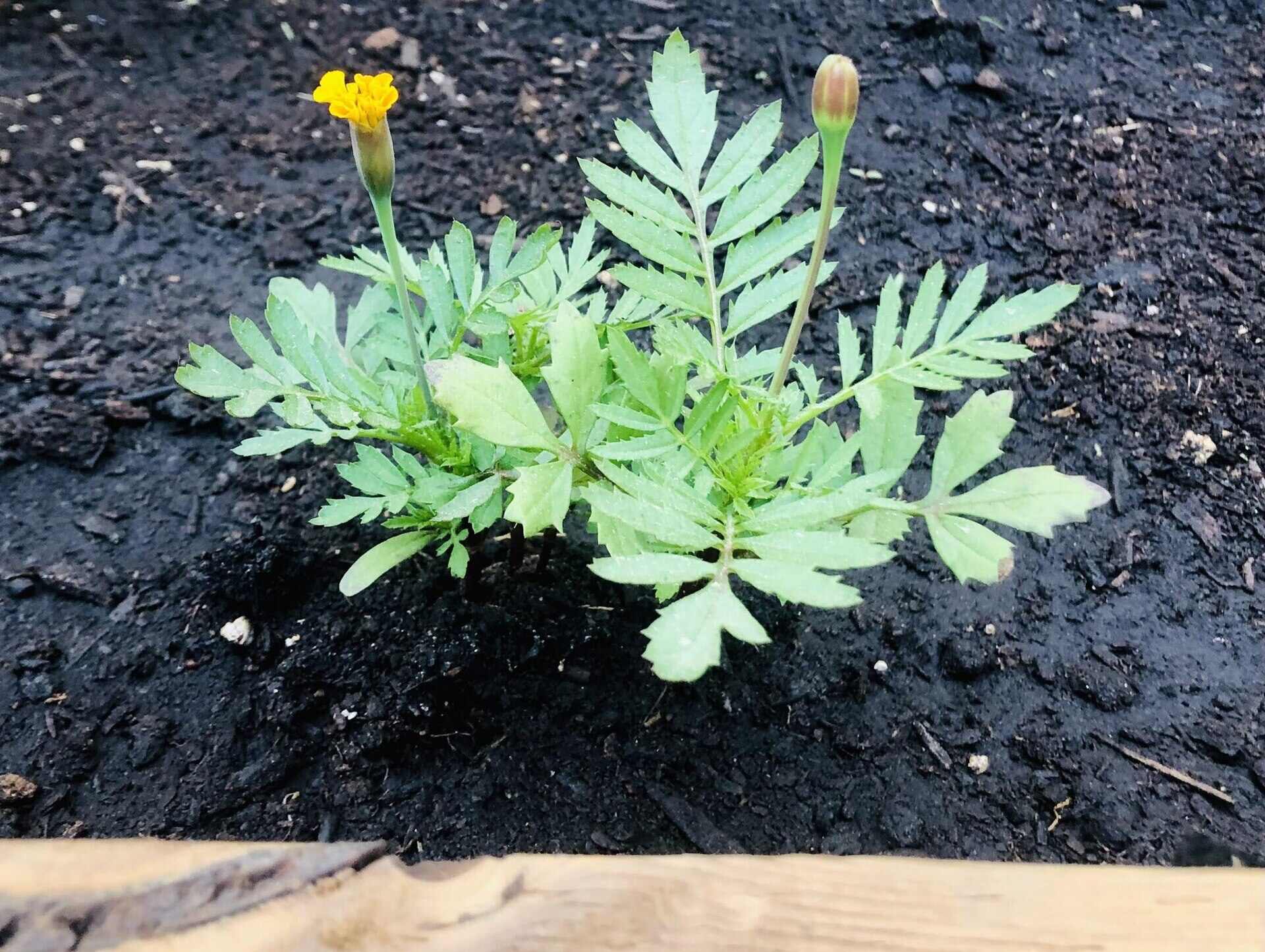
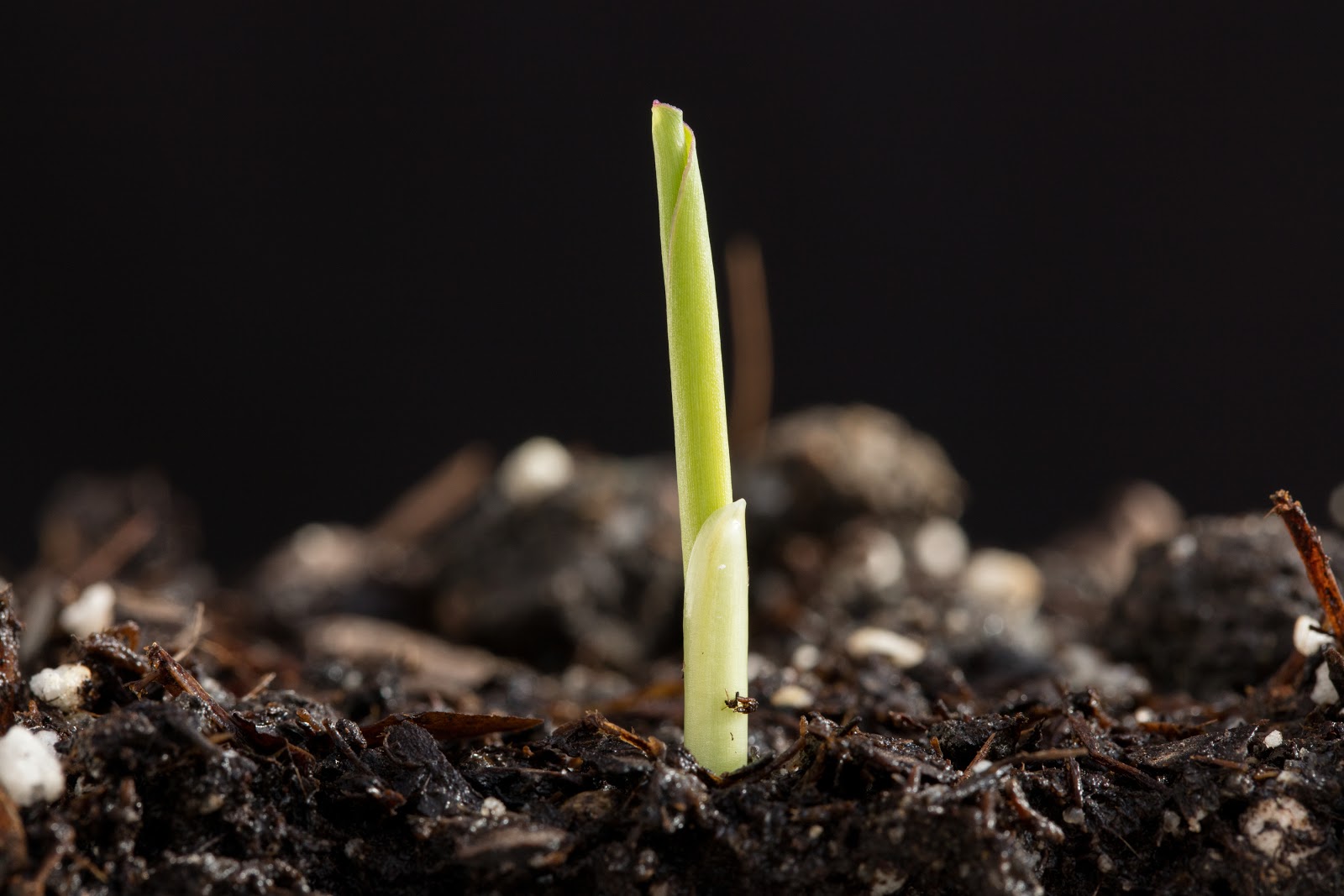
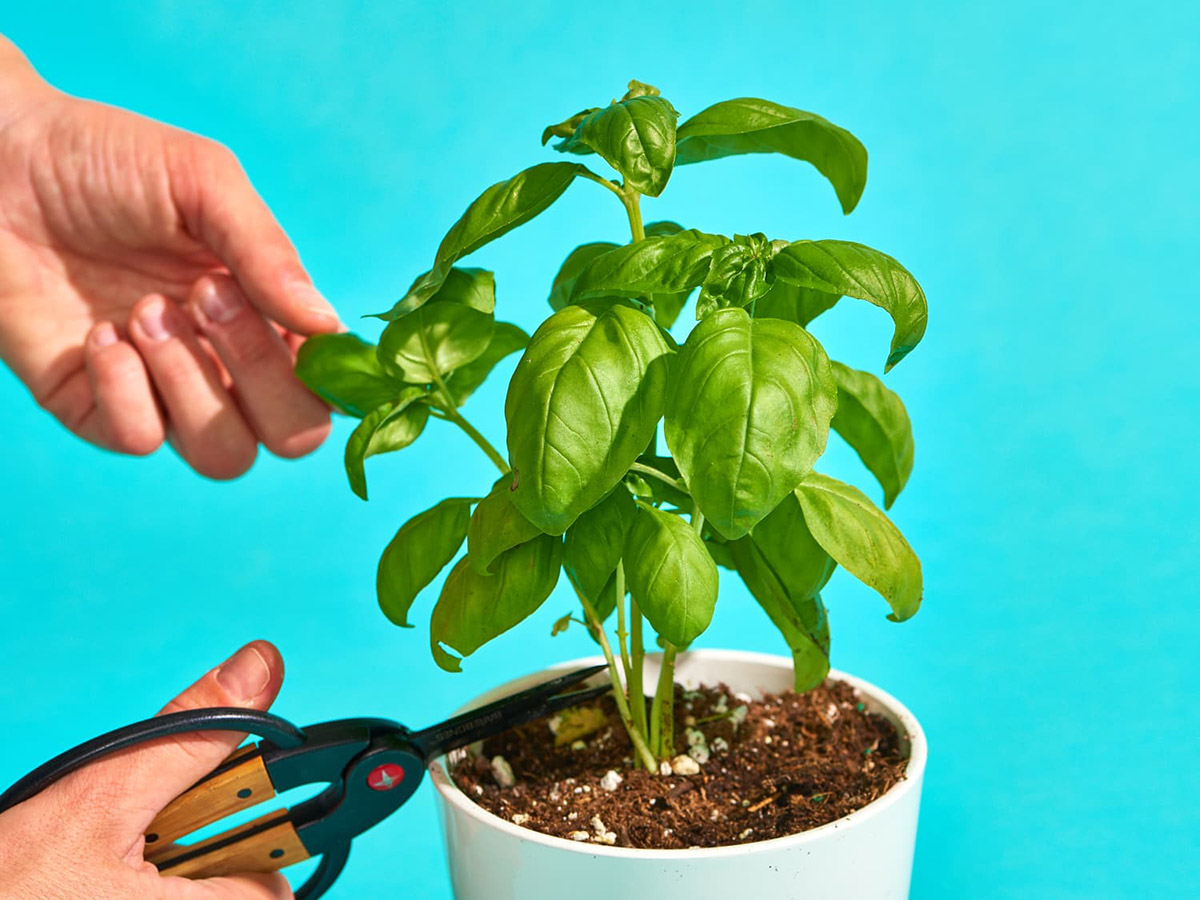
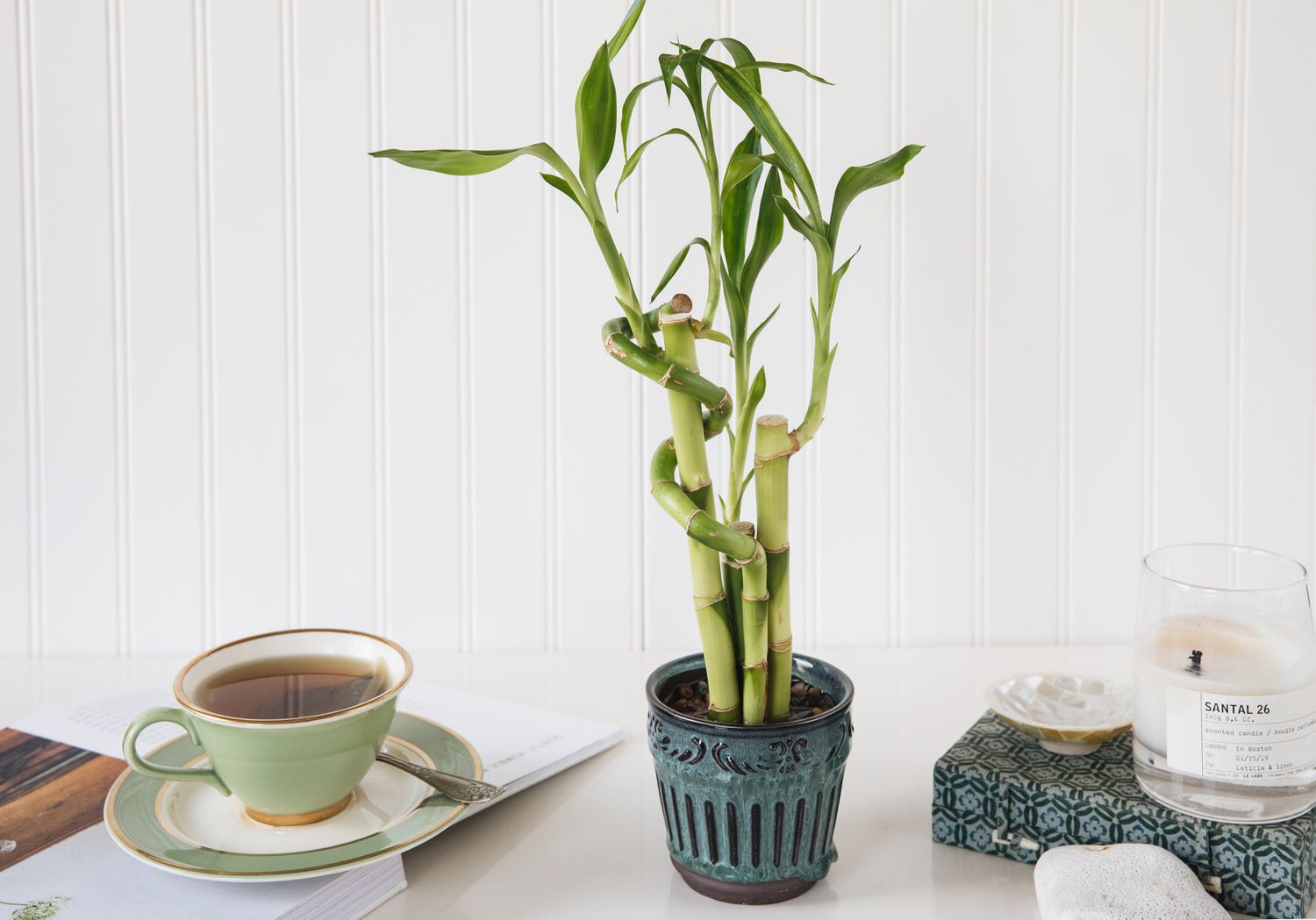
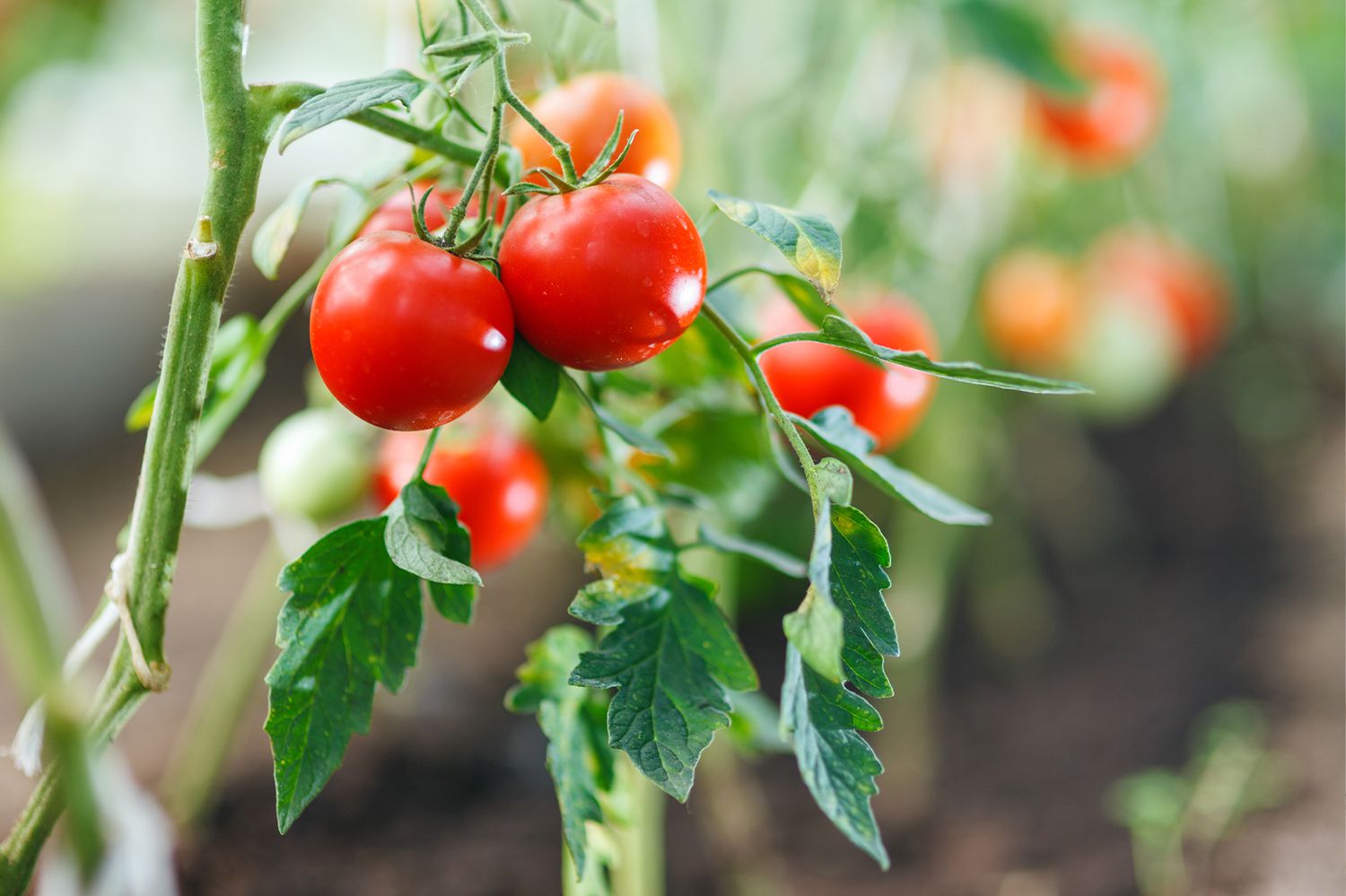

0 thoughts on “How Fast Does Basil Grow From Seed”